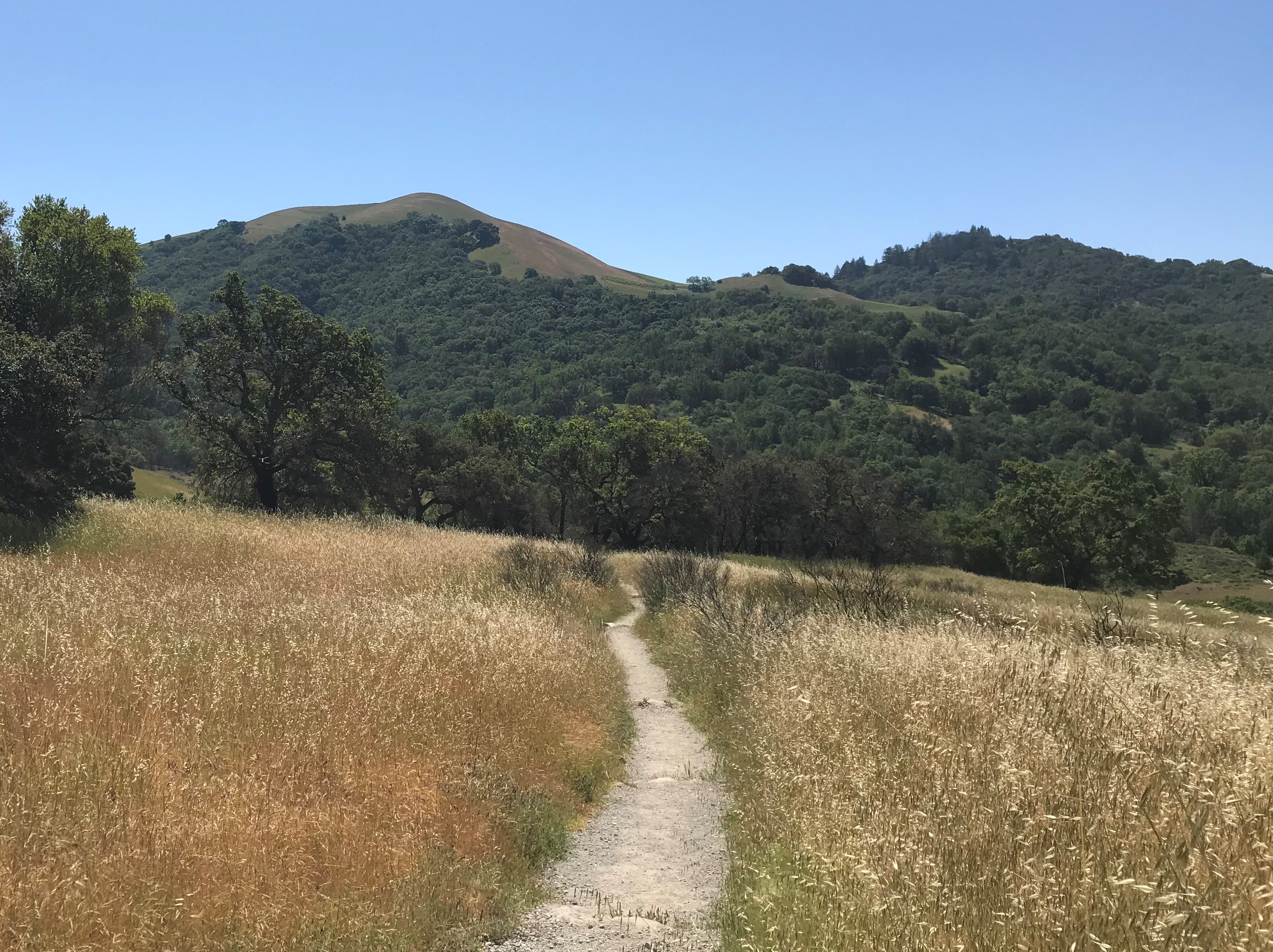Was the guy we saw supposed to be on top of the aqueduct? Why was he even up there?

Close up showing the guy.
Located in the center of a small town in Spain looms the Aqueduct of Segovia. It literally towers above the town. The structure highlights the unbelievable skill of engineers in Roman times. Mind boggling infrastructure considering the time it was engineered and constructed. It is still in use today. When we toured Segovia in 2015, we had no idea that we would see The Ancient Spanish Monastery in Miami, FL that was originally built close by in Spain.

By McPolu – Image taken by the user from a balloon and uploaded to Flickr. The user changed its license to a commons-compatible one under request., CC BY-SA 2.0, https://commons.wikimedia.org/w/index.php?curid=1088132
Segovia is a day trip northwest of Madrid, Spain. We chose to use the online tour agent Viator for our Segovia trip from Madrid. The tour provides transportation to and from Madrid. It included some wine tasting at a local vineyard, lunch and a small tour of Segovia. While the trip itself was good, it was advertised for 12-15 people. We ended up sharing a full bus with around 45. It would have been nice to have know that ahead of time, but we still probably would’ve made the same choice.
The Aqueduct
Completed around 100 AD, there was a place that had an original inscription that was either removed or lost over the years. Therefore, a more exact date has been given to researching documents of the Roman Emperors Domitian, Nerva, and Trajan. Based on the research, 112 AD appears to be the most likely time period of completion.
Similar to the Pont du Gard Roman Aqueduct in France, it traverses from hill to hill. Even though it seems big in the town it’s definitely smaller both in height and length than its counterpart in France. Being only 28.5 m (93.5 ft) in height, which is around two-thirds the height of the Pont du Gard Aqueduct. The design incorporated 2 sections/levels and a cap, using smaller stone. It’s almost 0.5 mile (728 meters) long.
Access
As you are walking through town on the west side towards the aqueduct, most streets empty out to Plaza Azoguejo. On the other side is a large plaza as well, made more for vehicles than pedestrians. All of it has been configured for good pedestrian access, and is walkable, albeit the stairs and even the general slope of the streets could cause some challenge for some.
The top of the aqueduct can be accessed on either side. There are stairs on the north side, whereas the south side has both grade changes (ramp like) and stairs. At the south side, the aqueduct makes about a 30 degree turn. It’s over 150 stairs, so be ready to get some exercise!
There are even “taps” off of the aqueduct to supply parts of the town with fresh water in various places. The one depicted below follows the stairs and as you can see, it was flowing the day we visited.
 Back to that guy
Back to that guy
When we were there up on top, some guy (not Gary who is in the first photo) decided it was ok to go over the locked gate and hang out on the top level of the aqueduct. We had seen him earlier, but thought perhaps he was inspecting the aqueduct. Apparently, it was NOT OK. Upon seeing the police rushing up, we thought maybe it would be a good time to go back down. We had already been up there for a while, so fortunately we didn’t curtail our time up there.
